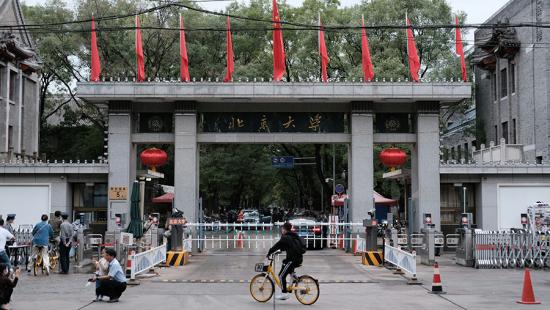Shawn Rickenbacker: Design Reparations | New Models of Economic and Spatial Justice

image / provided
Bio:
Shawn L. Rickenbacker is a trained architect, urbanist, and urban data researcher. He is currently the Director of the J. Max Bond Center for Urban Futures where he directs the center's sponsored and partnership research and is an Associate Professor of Architecture at The Bernard and Anne Spitzer School of Architecture. His research and work at the Bond Center directly confronts the complex urban intersection of spatial equity and the social and economic impacts of place-based policies, programs, and design through the lens of urban data, forensic and design research. He's served as Senior Research Fellow at the Phyllis M. Taylor Institute for Social Innovation, where he researched 'Artificial Intelligence and The Future of Social Urbanism,' The Favrot Chair in Architecture at Tulane University, Gensler Distinguished Professor at Cornell University and Director of the Motorola Sponsored Future Interactions Lab at the University of Pennsylvania Graduate School of Design. His work and research have been published in The New York Times, NY Daily News, and Global Architecture and exhibited at Studio Museum of Harlem. As a frequent lecturer and presenter, he's appeared at the Regional Planning Association, Carnegie Mellon University, University of Southern California, AIA NY — NOMA NYCOBA, Rutgers University, Enterprise Community Partners Design Affordable Housing Leadership Institute, and New Museum — New Inc. Shawn holds an M.Arch. with a Certificate in American Urbanism from the University of Virginia where he was the Dupont Scholar and a BArch from Syracuse University.







